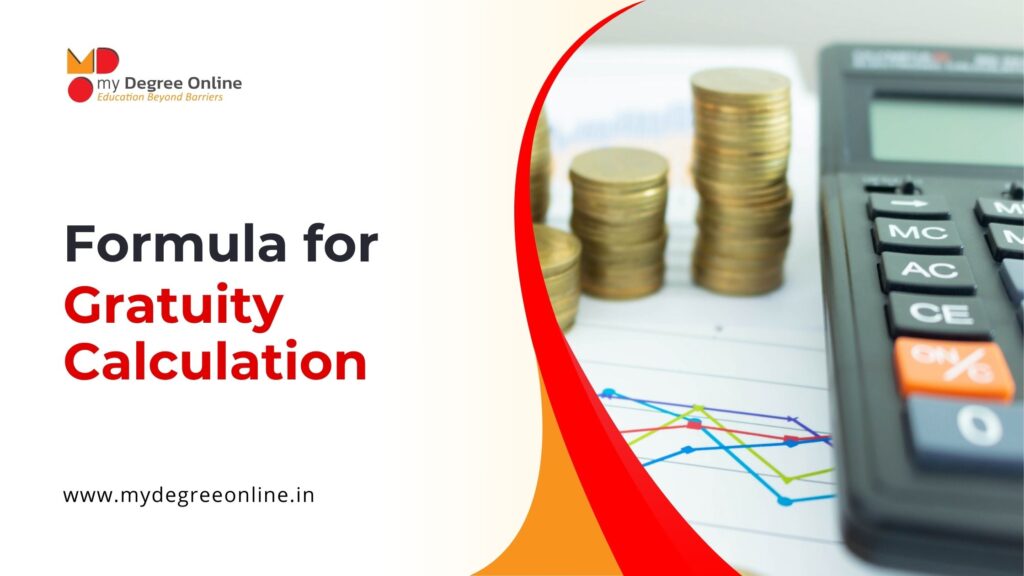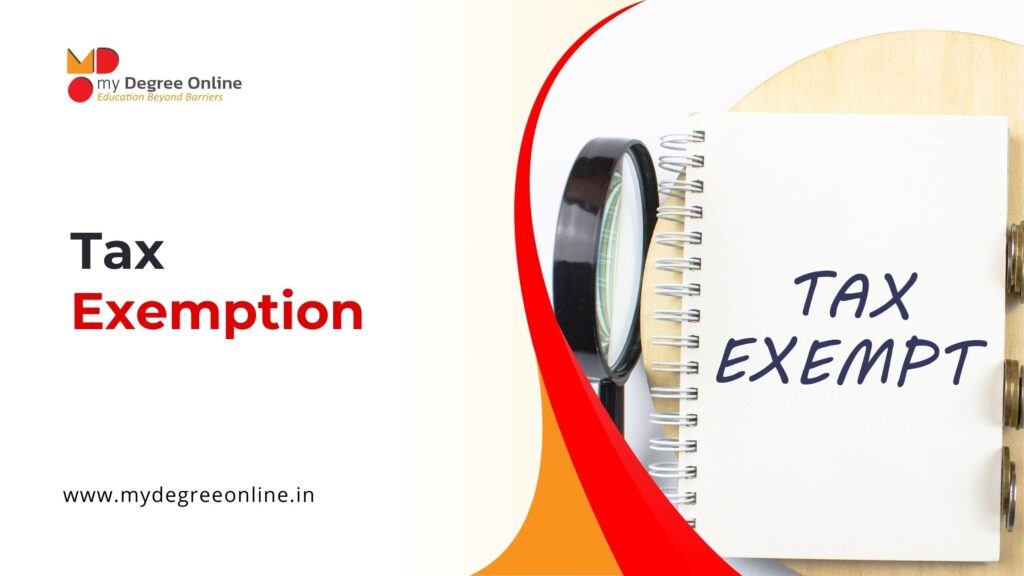What is Gratuity? In India, gratuity is a form of retirement benefit paid by employers to employees. It is governed by the Payment of Gratuity Act, 1972.
This blog will explain what gratuity is, how it is calculated, the eligibility criteria, and the tax implications involved.
Eligibility
Before diving into the calculation, it’s important to understand what gratuity is and who is eligible to receive it.
An employee becomes eligible for gratuity if they have completed at least five years of continuous service with the employer. However, in the case of death or disability, the minimum service period is not required.
Formula for Gratuity Calculation:

To answer what gratuity is and how it is calculated, we refer to the formula defined in the Payment of Gratuity Act, 1972.
For employees covered under the Act, the formula is:
For employees covered under the Act, the formula is:
Gratuity = (Last drawn salary)×(15/26)×(Number of years of service)
- Last drawn salary: Includes basic salary and dearness allowance.
- 15/26: Represents 15 days out of 26 working days in a month.
- Number of years of service: If an employee has served more than 6 months in the last year, it is rounded up to the next full year. If less than 6 months, it is not counted.
Example Calculation:
For a better understanding of what gratuity is, let’s look at an example calculation.
Assume an employee has a last drawn salary of ₹50,000 and has worked for 10 years and 7 months.
- Last drawn salary: ₹50,000
- Number of years of service: 11 (10 years and 7 months rounded up to 11 years)
- Gratuity calculation: =₹50,000×15/26×11
Let’s calculate this step by step:
15/26=0.5769
50,000×0.5769 – 28,845
50,000 \times 0.5769 = 28,84550,000×0.5769=28,845
28,845×11 – 3,17,295
So, the gratuity amount is ₹3,17,295
Tax Exemption:

Knowing what gratuity is also involves understanding its tax implications.
Under the Income Tax Act, gratuity received by an employee is exempt from tax to the extent specified:
- For government employees, the entire gratuity amount is exempt from tax.
- For non-government employees, it is exempt up to the least of the following:
- The actual amount of gratuity received.
- ₹20,00,000 (as per current limits, subject to change).
- 15 days’ salary for each year of service, based on the last drawn salary.
Important Notes:
- The maximum amount of gratuity payable is ₹20,00,000 as per the latest amendments.
- The calculation method may differ for employees not covered under the Payment of Gratuity Act, 1972, and it can depend on the terms of their employment contract.
Conclusion
In summary, knowing what gratuity is helps employees understand their benefits and financial planning for retirement.
Upgrade your qualifications to an MBA without quitting your job. Consider enrolling for an ONLINE MBA from top-ranked universities in India. Get free expert guidance and mentoring.
Explore Master Management Programs

